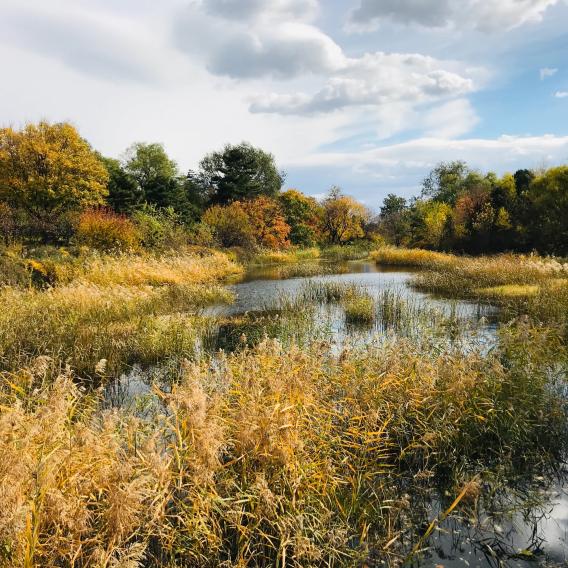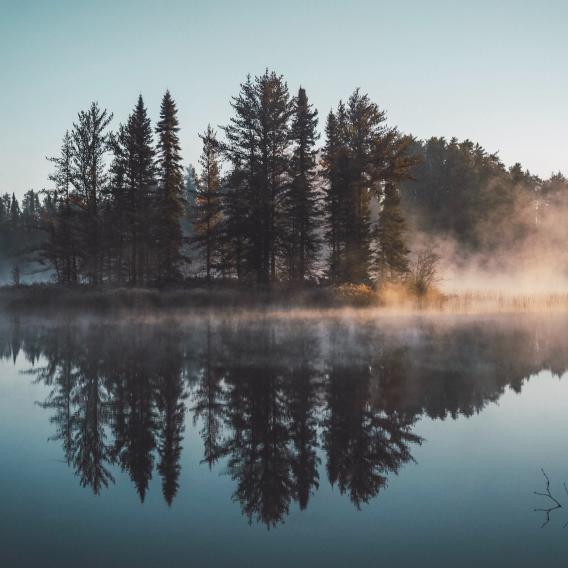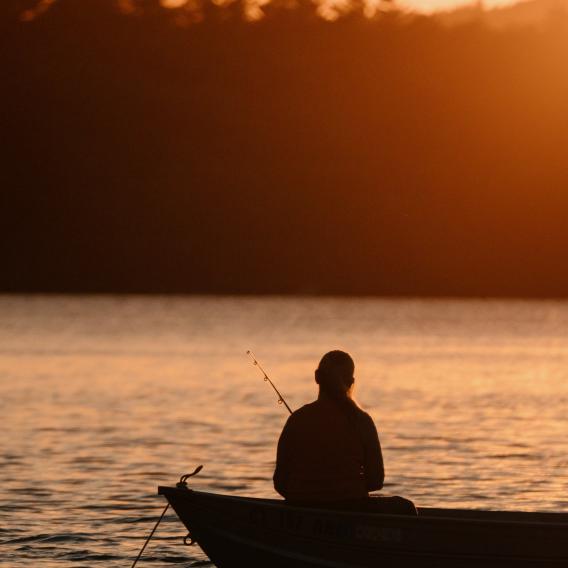Wetlands are exactly as they sound, wet land. They include many different types of ecosystems that have wet soil for some or all the year; they are incredibly important hotspots for many species of birds, bugs, mammals, fungi and lichen. Our work at MTRI focuses on forested wetlands, an ecosystem dominated with trees; often called a swamp. We lead the forested wetlands target for the Kespukwitk Conservation Collaborative and work with Nova Scotia Environment to improve the wetland of special significance.
The Coastal Islands of Southwest Nova Scotia provide many benefits to humans such as storm-breaks and fishing-grounds while also providing habitat for rare species. MTRI works with conservation and industry partners across the province to reduce threats to Coastal Islands such as the inflated populations of gull species. These over-inflated populations can cause problems for local and rare species in several ways, like destroying the habitat of the Eastern Mountain Avens and by predating nests of Roseate Terns.
Invasive fish species, such as the Chain Pickerel and Smallmouth Bass, are a growing problem in Nova Scotia’s waterways and threaten many native species. Since 2020, MTRI has been working with the Nova Scotia Salmon Association to get to know the role that anglers play in the spread of invasive species. We have developed a list of ways that anglers can help stop the spread from reporting illegal behaviour to promoting lesser-known sustainable fishing practices. MTRI is continuing to reach out to anglers and spread awareness of just how serious a risk invasive fish pose, and what we can do to stop them.



